SEE THE FUTURE
CONFERENCE 2020
Enago’s See The Future virtual conference was held in November 2020 for researchers, university administrators and publishing professionals across the globe in English, Spanish, Portuguese, Chinese, Japanese, Russian and Arabic languages.
Watch Session Videos Here.
KEYNOTE SPEAKER
Nobel Laureate
Sir Richard J. Roberts

Keynote Speech on 'The Path to a Nobel Prize'
Sir Richard J. Roberts was awarded the Nobel Prize in 1993 for the discovery of introns in eukaryotic DNA and the mechanism of gene-splicing. He received a PhD in Organic Chemistry in 1968 from Sheffield University and then joined Harvard as a postdoctoral fellow. From 1972 to 1992, he worked at Cold Spring Harbor Laboratory, eventually becoming Assistant Director for Research under Dr. James Watson. Since winning the Nobel Prize, Dr. Roberts has been involved in organizing a number of Nobel initiatives to redress scientific misunderstandings and promote humanitarian causes.

University research offices can secure the future of research compliance, grants, and funding. Find out how?
Ara Tahmassian has over 30 years of experience in research compliance with oversight and operations responsibilities for Offices of Sponsored Program (OSP), Biosafety and Biosecurity including the Institutional Biosafety Committee, and many other organizations. He was the Principle Investigator for the Select Agent Laboratory and has served on various national and international committees.

University research offices can secure the future of research compliance, grants, and funding. Find out how.
Claire Chen is the Director for Global Initiatives at the National Council of University Research Administrators (NCURA), where she served as the Horizon 2020 National Contact Point for Legal and Financial Affairs for the U.S. She specializes in technology and innovation policy, project management, creative workshop facilitation, and cross-cultural communications. In her current role, she supports the advancement of research administration and management globally to facilitate international scientific cooperation between the U.S. and other countries.

Future of publishing technology: Focus on 3 A's automation, artificial technology & access
Daniel Ebneter is the CEO and a member of the Management Board at Karger Publishers, a worldwide publisher of scientific and medical content based in Basel, Switzerland. Prior to joining Karger in July 2017, he was a member of the executive board of the Hogrefe publishing group. His earlier positions include senior roles in business consultancy and industrial trading, as well as teaching at universities. He has extensive professional experience in publishing and digital business.
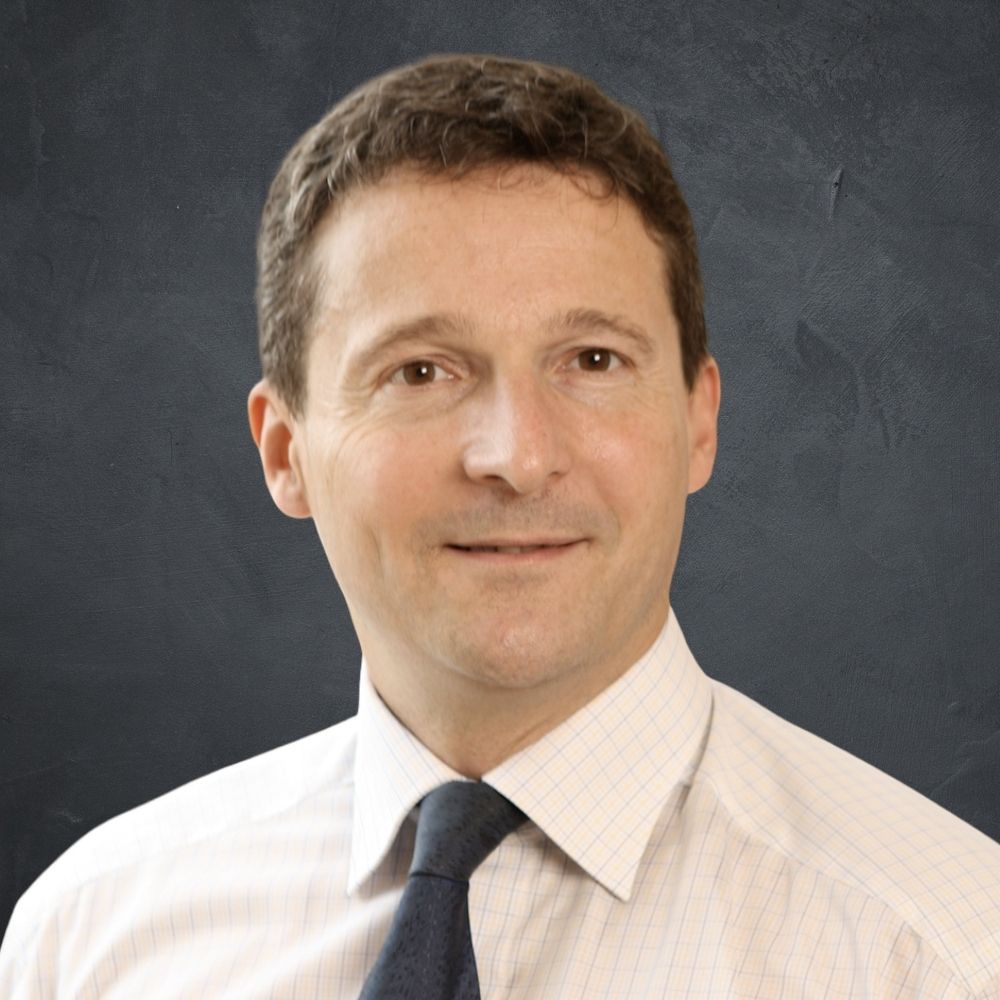
What does higher education look like in 2022?
Nunzio Quacquarelli is CEO of QS. He has passionately championed the mission of QS: to empower motivated people anywhere in the world to fulfill their potential through educational achievement, international mobility, and career development.Best known for producing the world's most popular rankings - QS World University Rankings, designed and launched by Nunzio in 2004, QS is a world leader in international postgraduate student recruitment, running online platforms attracting over 70 million web visitors, digital events in 57 countries, and offering student enrolment solutions.
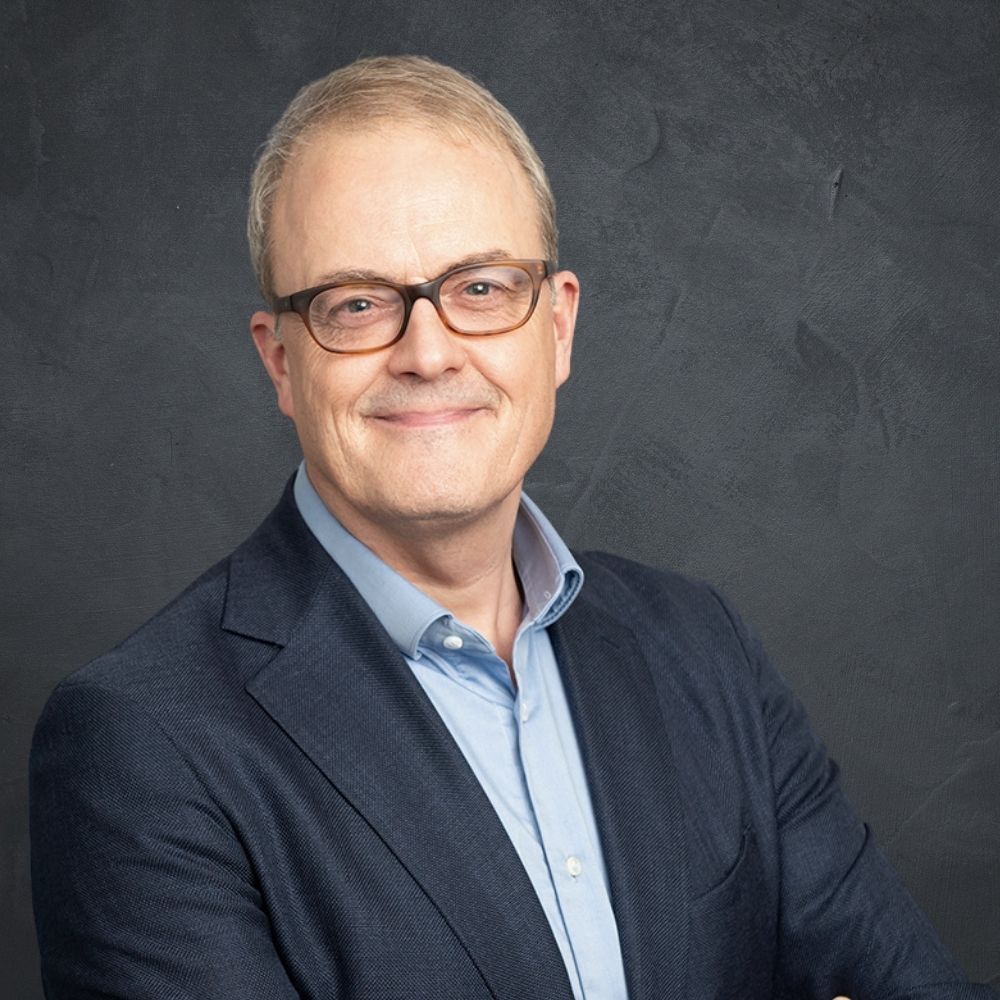
Building for the future: Learnings from 2020 and some compelling changes needed to boost economy and influence policy making
Dr. Philippe Terheggen is Managing Director of STM Journals at Elsevier. He joined Elsevier in 2009 as SVP of Journal Publishing. Since 2012, he has also been a board member of CrossRef. He also served on the STM Board of the Dutch Publishers Association and was a Director for KeAi, a joint venture for journal publishing between the China Science Publishing and Media Ltd. and Elsevier.

Future of research sustainability: What changes should we expect in research collaborations and research ecosystem?
Judy Verses is Executive Vice President, Research at Wiley. She is responsible for Wiley's global journal publishing business and related magazines, databases, software, and websites for the research community. Judy is also a member of Wiley's Executive Leadership Team. Judy's career reflects her lifelong passion for enabling knowledge, with its power to transform individuals and the world in which we live.
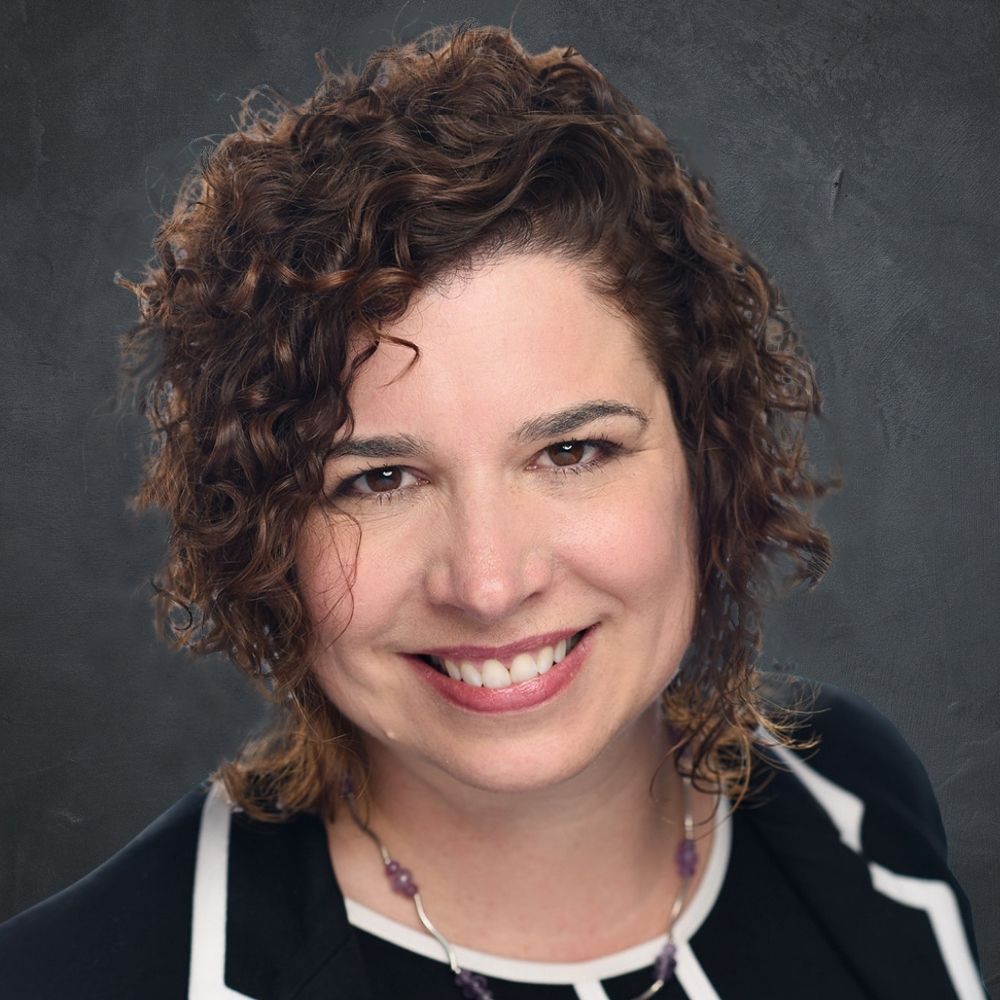
What does the future of scholarly peer review look like?
Dr. Sarah Tegen is Senior Vice President, Journals Publishing Group at the American Chemical Society. She leads strategic development of ACS's pre-eminent portfolio of seventy-five hybrid and open access journals, oversees the editorial and production operations groups, and manages strategic planning and relationship development in Asia. Sarah has developed several PROSE-Award winning journals and platforms, is a frequent speaker on a range of industry topics. She is also a passionate advocate for science literacy and STEM education.
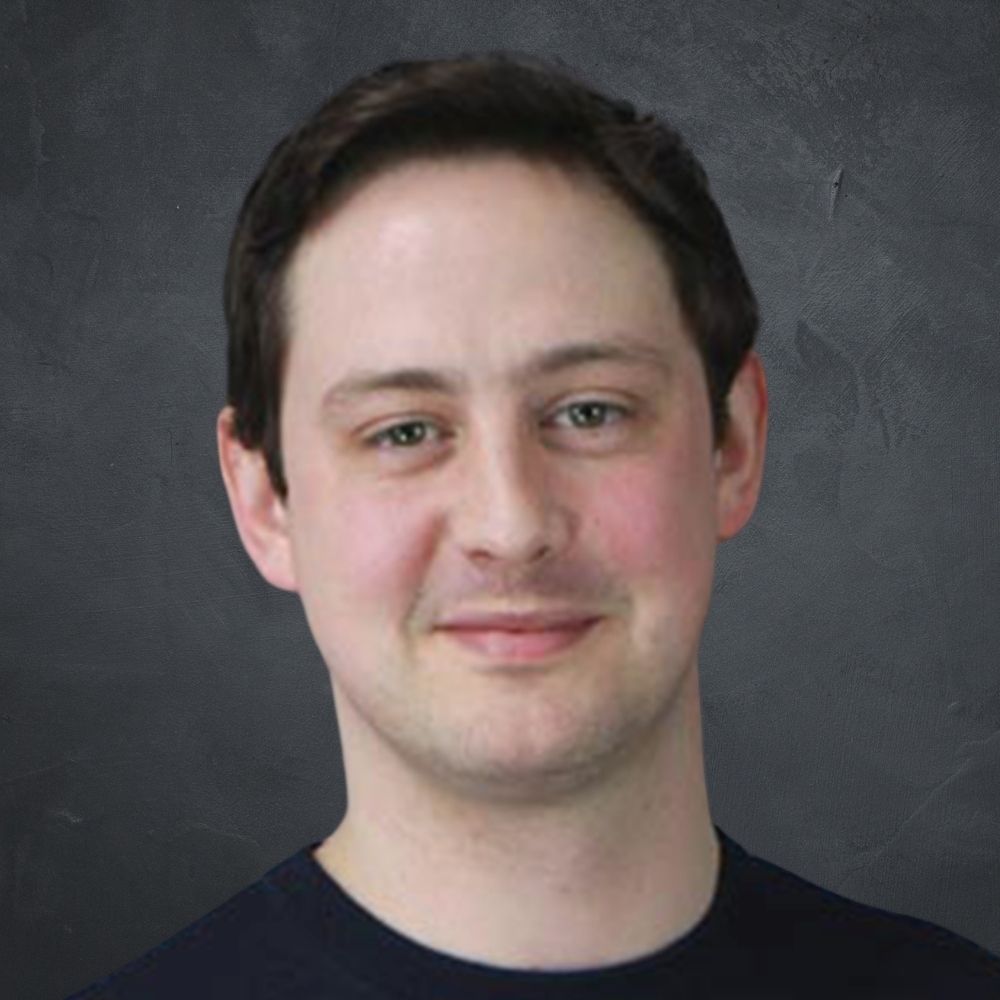
Future of publishing technology: Focus on 3 A's automation, artificial technology & access
Customer-focussed and data-driven, Mathias Astell has a passion for digital marketing, customer engagement, and leading teams in the promotion of high-quality services, tools, and products.
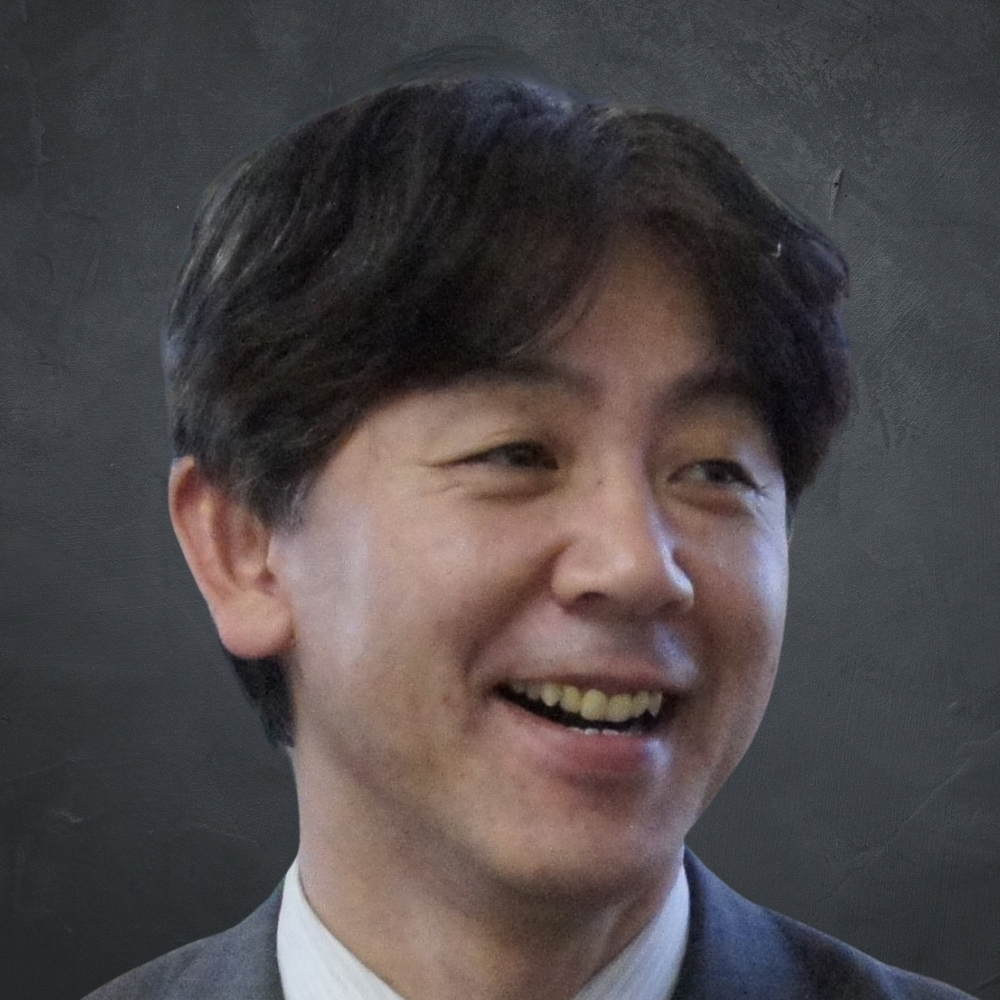
Policy implication of Open Science and Open Access and developing a new way to foresee science and technology trends
Kazuhiro Hayashi is an open science researcher. Since the 1990s, he has been trying to solve academic communication problems with ICT. After a career in academic publishing, he moved to The National Institute of Science and Technology Policy to foresee the future of research and to advance transition to a new paradigm through dialogues with various stakeholders. His current task is policy development of the research data infrastructure. He is also an expert member of Open Science for the G7, OECD,the Cabinet Office and Science Council of Japan.

Open Science and Research Culture - Changes in Approach and Potential Outcomes
Dr Emma Wilson is the Director of Publishing at the Royal Society of Chemistry. She has over 16 years' experience working in the scholarly publishing sector, and has worked for both commercial and not for profit publishers in a variety of editorial, business development and strategic roles, joining the Royal Society of Chemistry in 2006.
SEE THE FUTURE
CONFERENCE 2021
Enago’s See The Future virtual conference was held in November 2021 for researchers, university administrators and publishing professionals across the globe in English, Spanish, Portuguese, Chinese, Japanese, Russian and Arabic languages.
Watch Session Videos Here.
KEYNOTE SPEAKER
Nobel Laureate
Dr. Randy Schekman
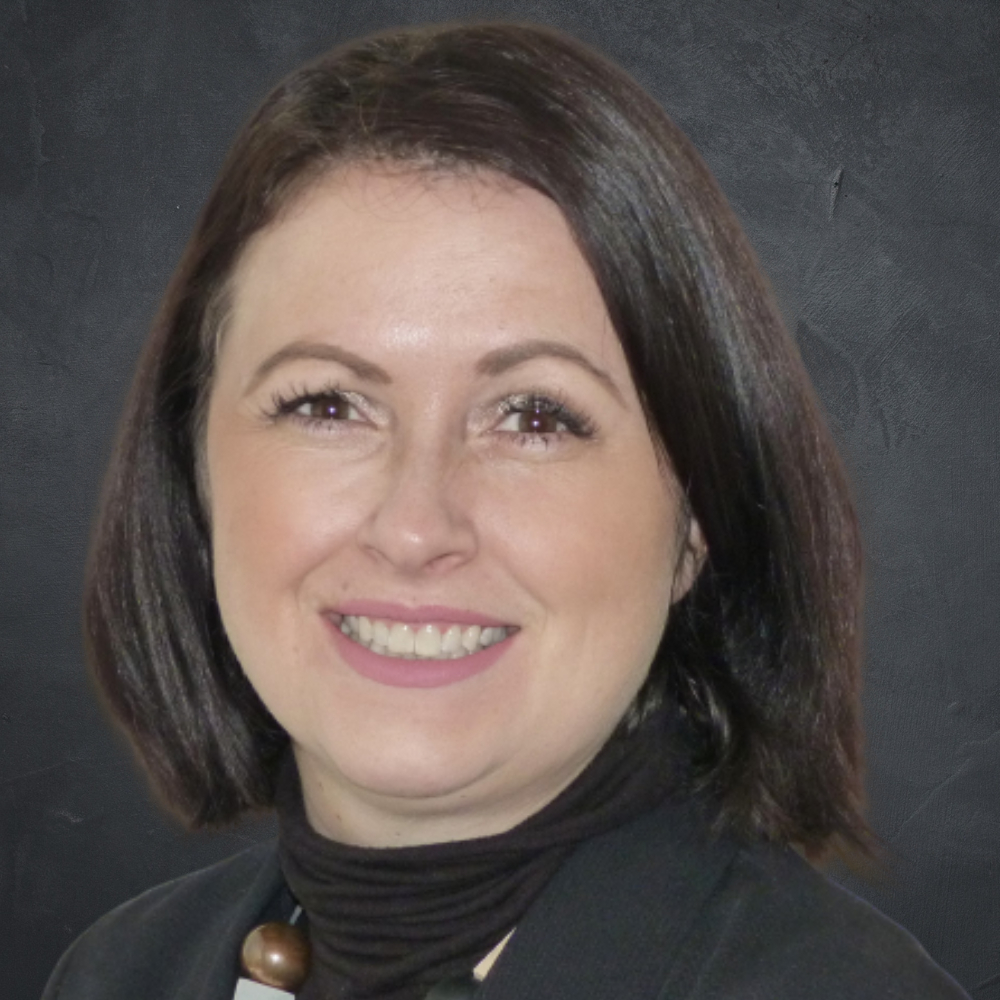
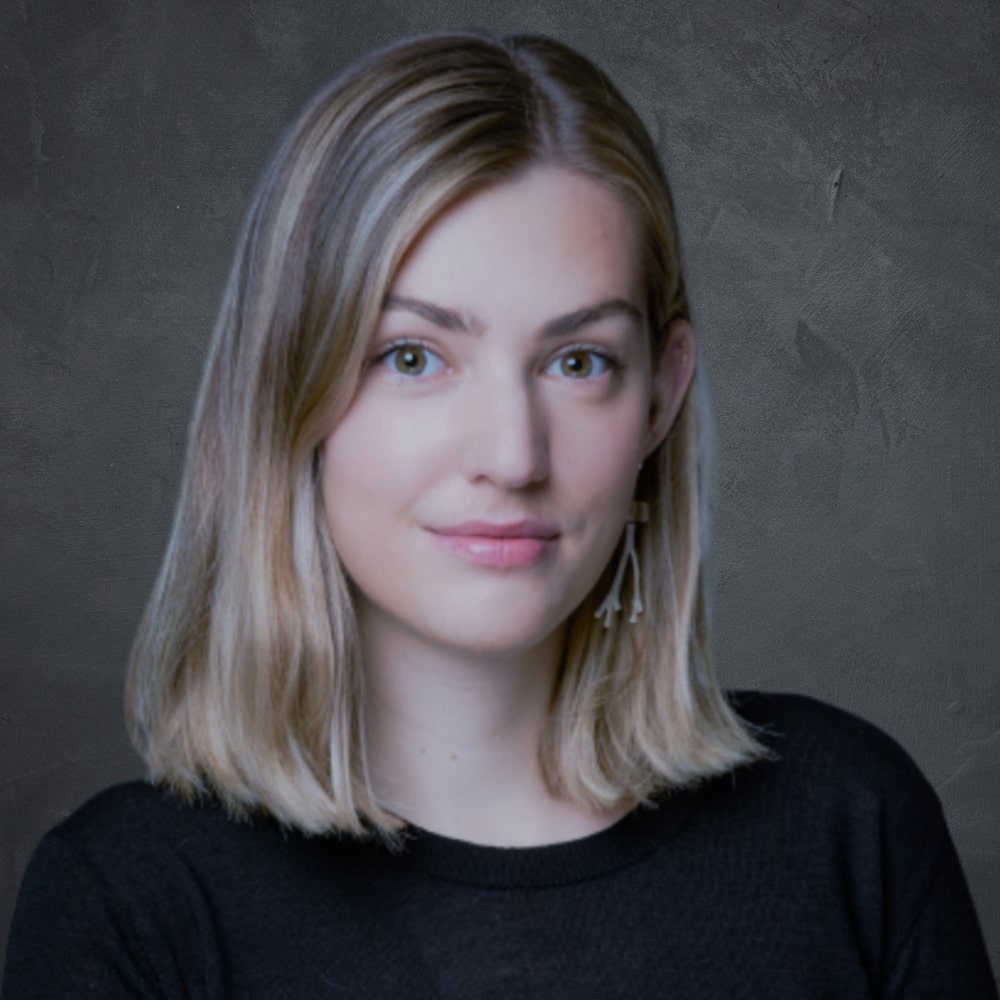
Demystifying Open Access
Aimee Nixon, Publisher and Damaris Critchlow, Head of Publication Ethics from MDPI, addressed how review and editorial processes are upheld in open access publications. The session covered english trends, the transition towards a more open research culture, and how open access publishing helps support faster publication of vital research. Furthermore, it also provides a quick recap on what open access is, how it has evolved, how it is developing both the business model and subject discipline level, the advantages for authors choosing to publish their work open, and the future of open of access publishing.
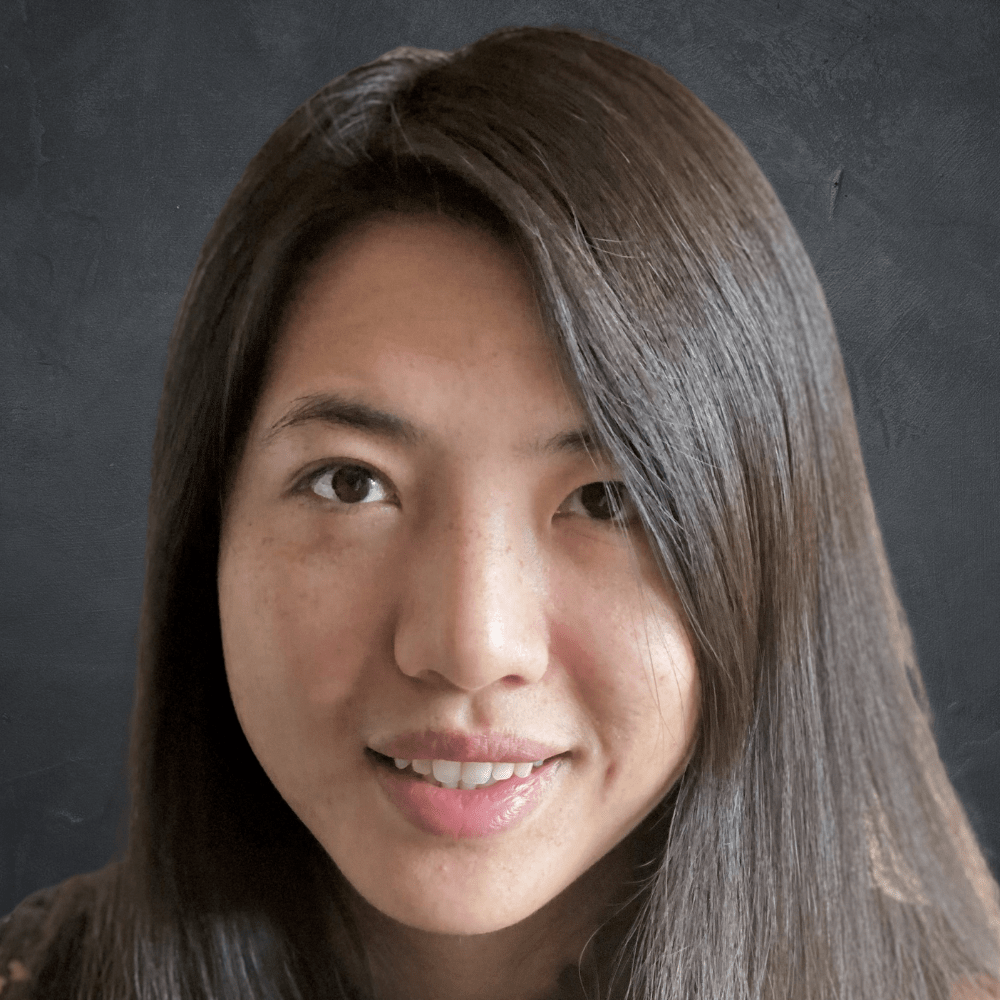
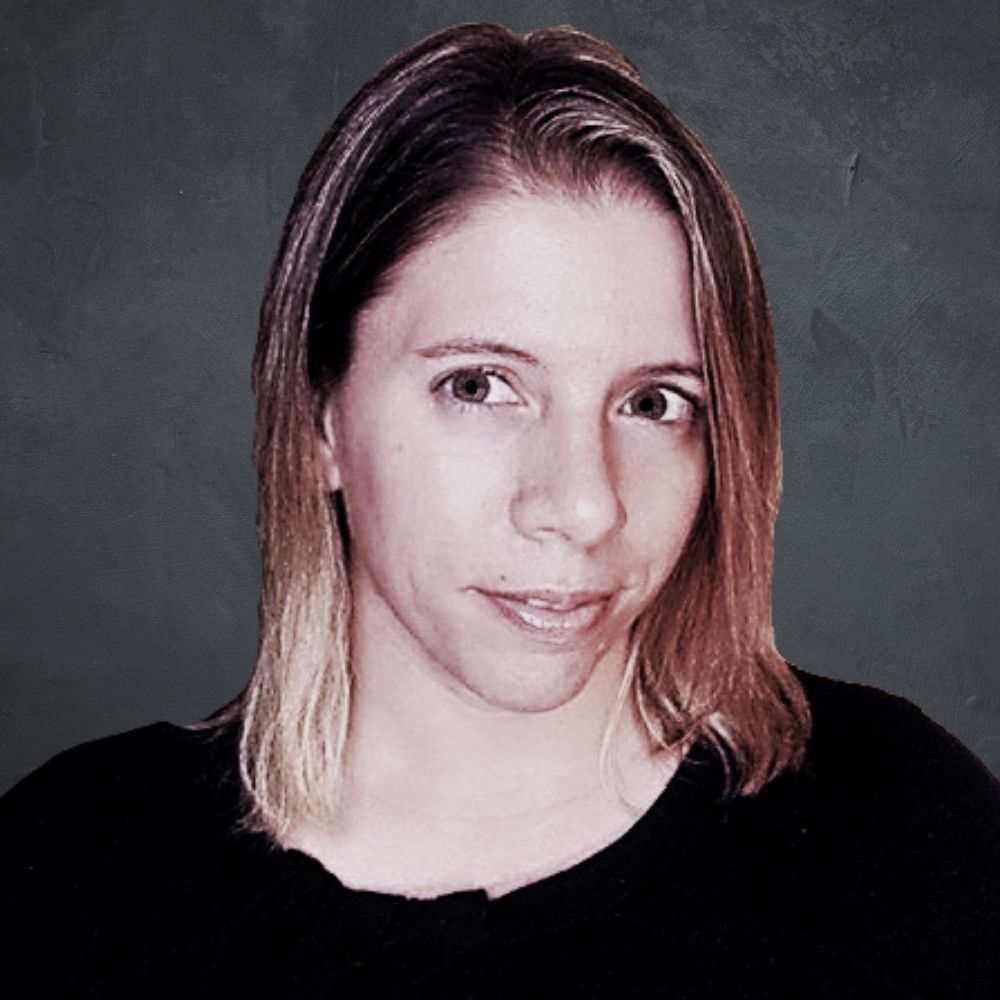
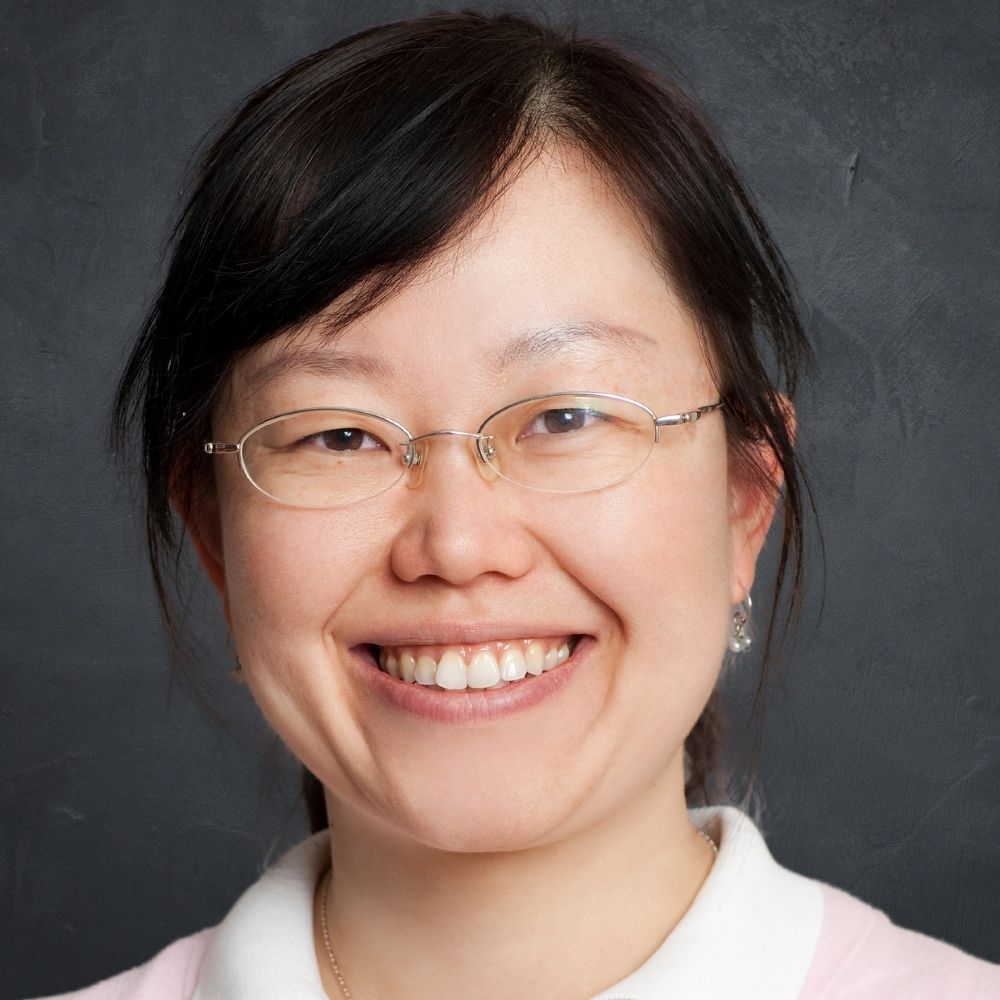
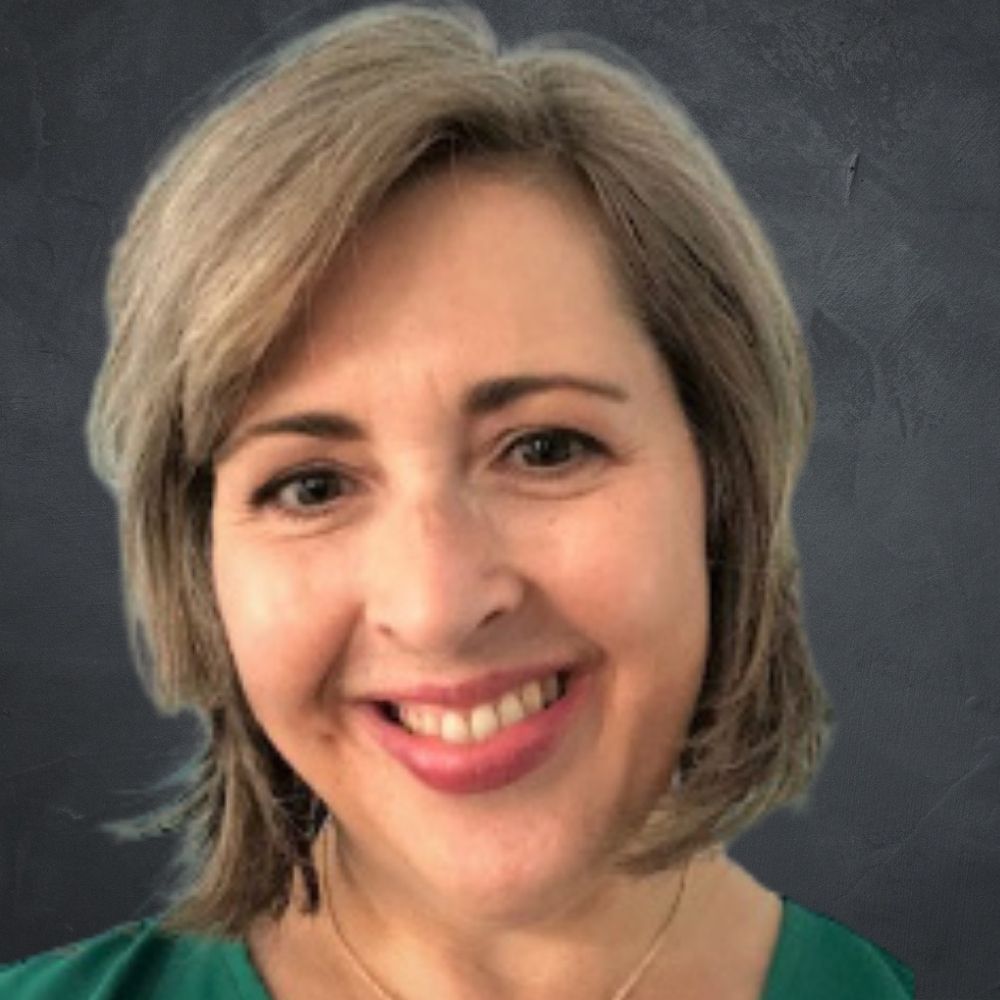
A Guide on US Funding Opportunities for International Research
This session was a panel discussion on finding funding for international research collaboration from and in the US including those from US federal agencies as well as private foundations. It provided guidance from experienced research managers and administrators on the development of successful funding proposals. The panel discussion includes: 1. Claire Chen, Director for english Initiatives at the National Council of University Research Administrations (NCURA) 2. Michelle Schoenecker, Senior Proposal Development Manager at Office of Research in University of Wisconsin, Milwaukee, US 3. Christine Chang, Senior US research funding specialist at Grants Office and Research Support offices, Karolinska Institutet in Sweden 4. Gina Della Porta, Associate Director of Research Development Office of the Provost at Yale University, US
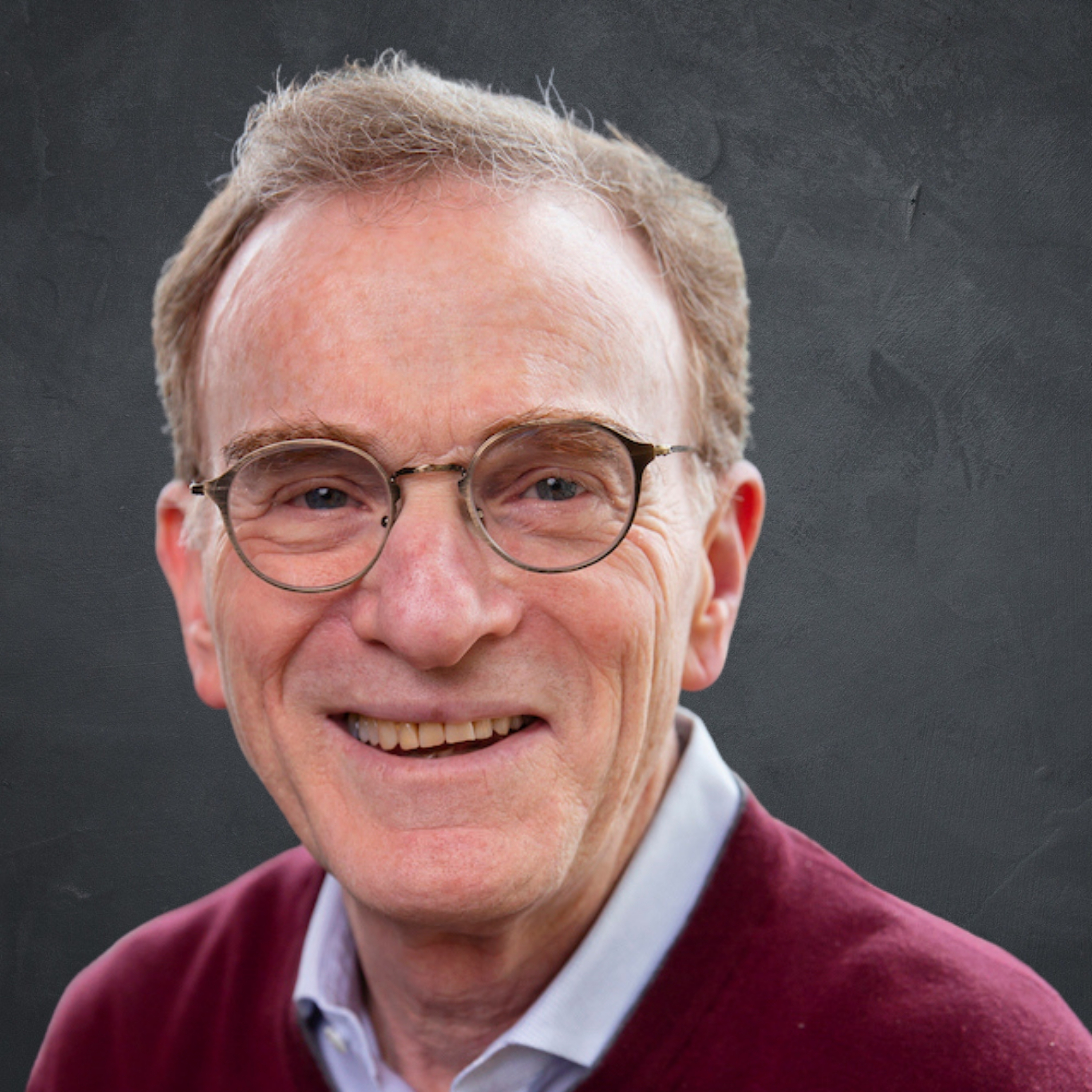
The Importance Of Collaboration And Openness In Basic Science And Research Publication
Dr. Randy Schekman is a Professor in the Department of Molecular and Cell Biology, University of California, Berkeley, and an Investigator of the Howard Hughes Medical Institute. He studied the enzymology of DNA replication as a graduate student with Arthur Kornberg at Stanford University. His current interest in cellular membranes developed during a postdoctoral period with S. J. Singer at the UC Diego. Among his awards are the Gairdner International Award, the Albert Lasker Award in Basic Medical Research and the Nobel Prize in Physiology or Medicine, which he shared with James Rothman and Thomas Su?dhof. He served as the Editor of the Annual Reviews of Cell and Developmental Biology and as Editor-in-Chief of the Proceedings of the NAS and eLife. Beginning in 2018, Schekman has served as the Scientific Director of “Aligning Science Across Parkinson’s Disease†a major philanthropic effort organized along with The Michael J. Fox Foundation to identify molecular and cellular mechanisms in the initiation and progression of Parkinson’s Disease (https://parkinsonsroadmap.org). Schekman’s laboratory investigates the mechanism of vesicular traffic in the secretory pathway in eukaryotic cells. Currently the lab investigates the mechanism of biogenesis of extracellular vesicles including how small RNAs are sorted for secretion in exosomes and the means by which these vesicles are internalized and function in target cells.
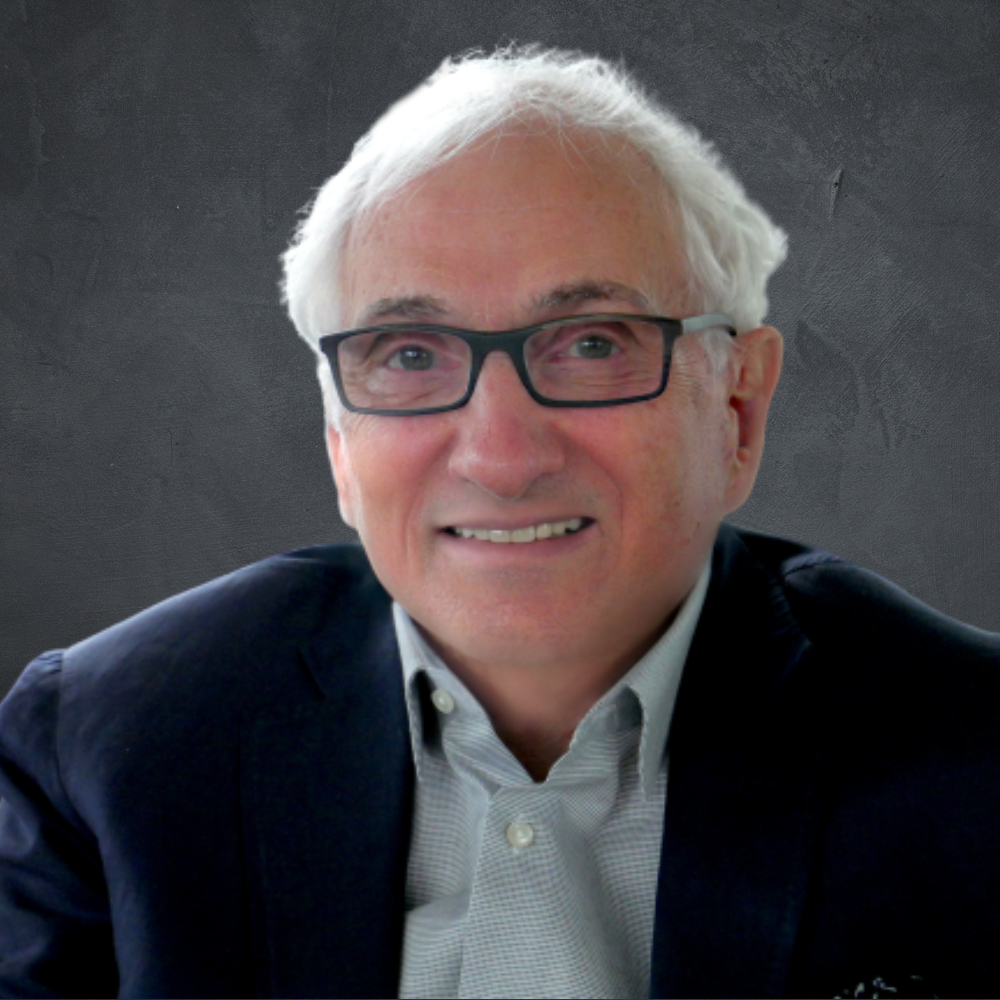
A Future Without The Disciplinary Silos
Jerry joined Wharton in 1967 with a doctorate from Stanford and since 2017 is the Lauder Professor Emeritus and Professor of Marketing. He founded the Wharton Think Tank – The SEI Center for Advanced Studies in Management and directed it for three decades. Among his many innovations at Wharton, he led the development of Wharton Executive MBA, the Lauder Institute, the new MBA of 1990 and Wharton School Publishing. He has edited top marketing journals, published over 300 articles, manuscripts and chapters and authored, co-authored or edited 30 books, and received the 4 major marketing awards: Buck Weaver, Parlin, Converse, and AMA/Irwin Distinguished Educator Award. He was inducted to the inaugural group of AMA Fellows. He was one of the original Legends in Marketing, with an 8-volume anthology published by Sage in 2014.
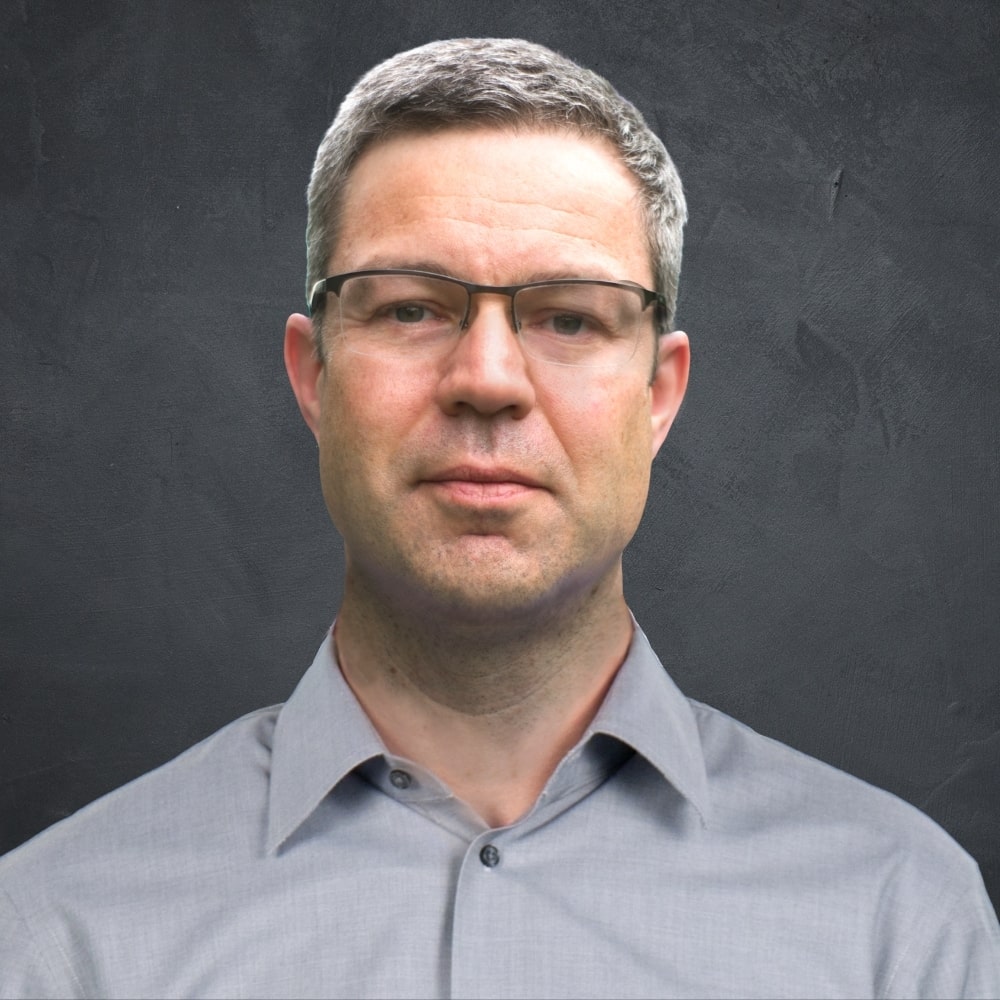
The Evolving Role Of The Publisher In Supporting The Research And Publication Cycle
Peter joined Elsevier over 25 years ago after an Honours degree in Chemistry at the University of Edinburgh and a PhD at the Australian National University. Over this time he has worked in a range of journal publishing and management roles across multiple subject areas, and has seen first hand the print to online migration, and subsequently business model evolution, across the scholarly journal landscape. In Peter’s current role he has overall responsibility for Elsevier’s physical sciences journals program and leads a english publishing team of over 85 staff. The physical sciences journals program includes a combination of subscription and Open Access journals, with both Elsevier-owned and Society-owned titles. It is an exciting and diverse area, with evolving market and community needs, changing business models and author/reader demographics. Peter is based in Oxford, UK, and has spent most of his career based there with the exception of a three year period in Philadelphia, USA, from 2015-18.
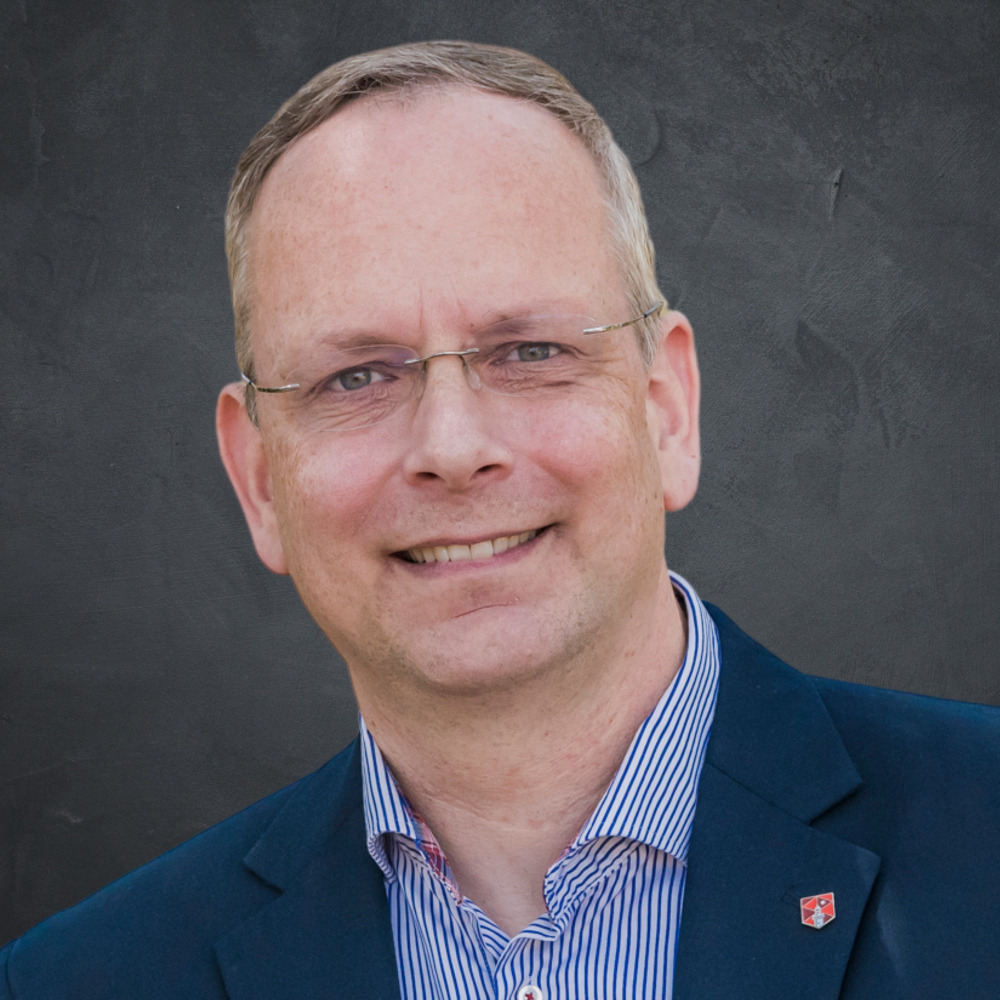
International Research Collaboration in the post-COVID era
Richard is an acclaimed academic and journal editor with more than 25 years of experience in the physical sciences. In March 2018, he joined Macquarie University (Sydney, Australia) as Associate Dean (english Engagement). Richard served as a scientific editor at The Astrophysical Journal (2006-2012) and as deputy editor of The Astrophysical Journal Letters (2012-2018). He received numerous awards, including the 2012 Selby Award for from the Australian Academy of Science and a 2017 Erskine award from the University of Canterbury (New Zealand). Richard was the founding director of the East Asian Office of Astronomy for Development (2012-2017), an institution under the auspices of the International Astronomical Union. His current senior appointments include roles as senior adviser to the Australian government on the “Australia Awards in Indonesiaâ€, as member of the Advisory Board of the Australia-China Consortium for Astrophysical Research, and as President of Division C (Education, Outreach and Heritage) of the International Astronomical Union.
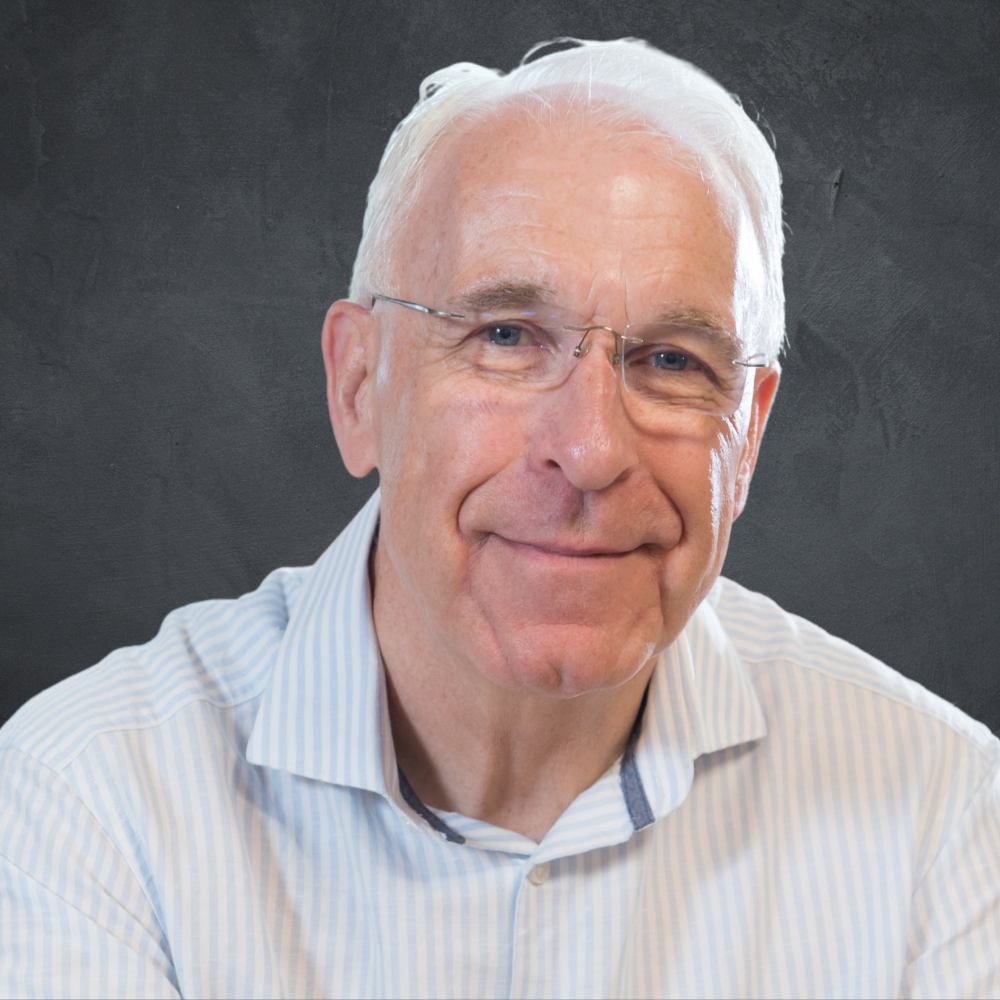
A Session With Editor-in-Chief: The Four Rules Of Writing For Publication
Roger is a Professor of Nursing at the University of Hull, UK. He is a biology graduate of The University of Edinburgh with a PhD in biochemistry from the University of Sheffield who qualified in nursing at St George’s Hospital, London. He has a special interest in the feeding and nutritional problems of older people with dementia. He is Editor-in-Chief of Nurse Education in Practice and former Editor-in-Chief of Journal of Advanced Nursing and an Editorial Board member of the WikiJournal of Medicine. He has honorary positions in Australia, Ireland, Saudi Arabia and China. He was a member of the UK 2008 Research Assessment Exercise sub-panel for Nursing and Midwifery and a 2014 Research Excellence Framework sub-panel for Allied Health Professions, Dentistry, Nursing and Pharmacy. In 2017 he was inducted into the Sigma Theta Tau International Nurse Researcher Hall of Fame.
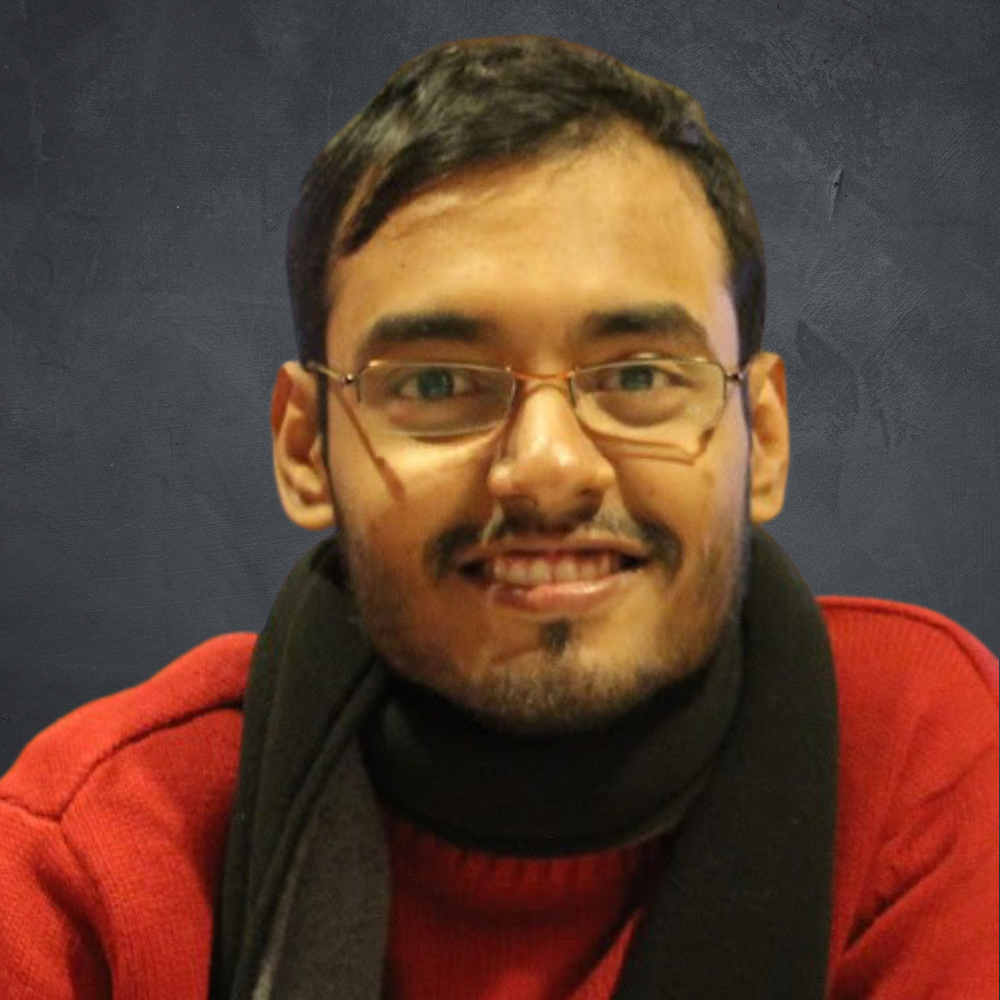
How to speed up critical reading with RAx - an AI powered literature review assistant
Prof. Sourish Dasgupta, the founder of Rax, is an ever-curious researcher and an educator with a deep-rooted entrepreneurial bug. He did his Ph.D. in Computer Science from the University of Missouri – Kansas City, USA, and currently works as a Professor of Artificial Intelligence at DA-IICT, India. He is particularly sensitive about various shortcomings in education and research. Through his research and entrepreneurship, Prof. Dasgupta wishes to contribute in making top-class research and education opportunities available at all strata of society. He loves studying and discussing artificial intelligence, theoretical linguistics, culinary art, and comparative religion.
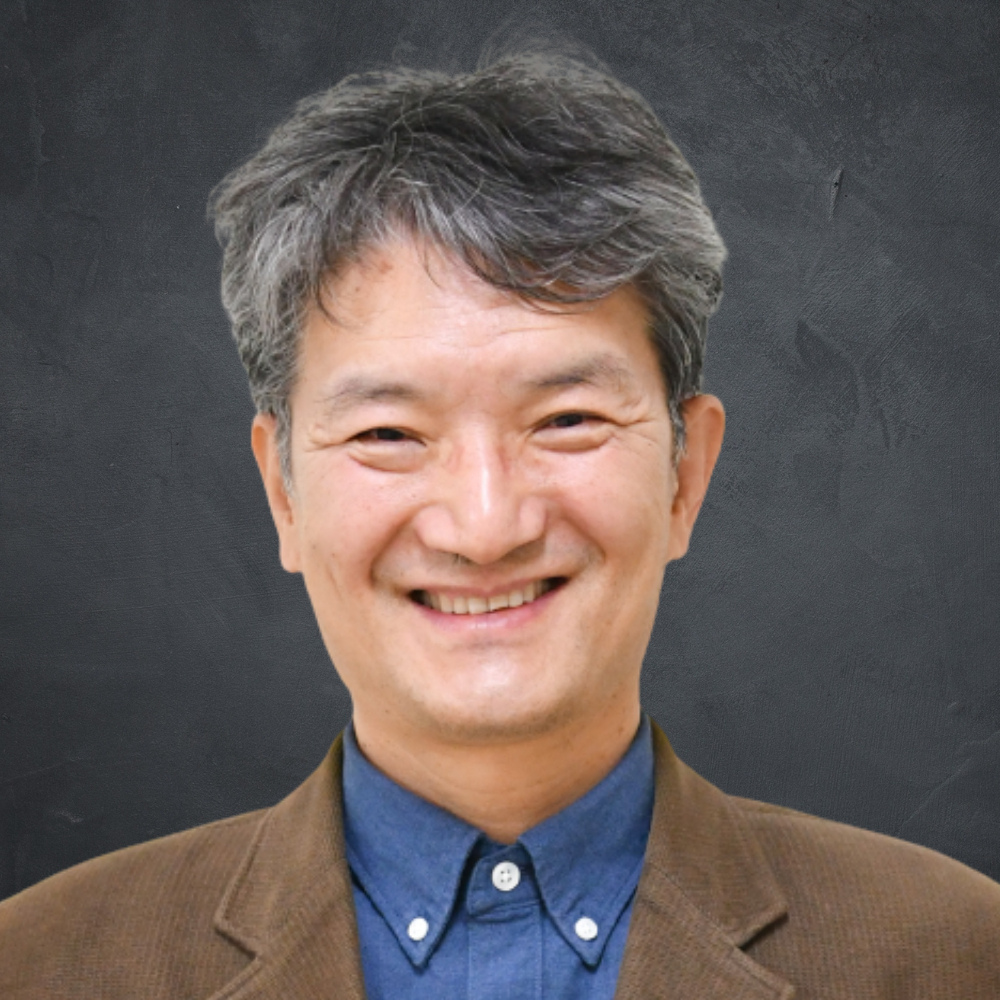
Publication in local academic journals that are gaining ground online
Professor Heo Seon has been a professor of parasitology at Hallym University College of Medicine since 1988. Since 2005, he has been the editor of the Journal of Educational Evaluation for Health Professions (JEEHP), an international academic journal run by the Korea National Examination Institute for Health and Medical Professionals. He serves as President of the Korean Council of Science Editors (January 2020 - December 2020) and Korean Association of Medical Journal Editors (April 2020 - March 2023). His latest interest is to achieve digital standardization of community magazines to broaden the readership.
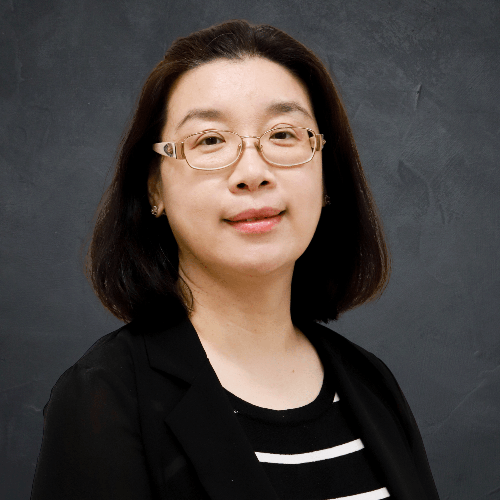
Dreaming of a Changed Future - Special Lecture for Medical Researchers and Doctors
Tae-Hee Kim is working as the head of obstetrics and gynecology and delivery at Soonchunhyang University Bucheon Hospital. As a clinician and university professor, she conducts her research in a variety of fields including student education, clinical and basic medical research, as well as translational resarch and national policy. She published the women's policy book of national institutions to present a vision for national development and to prepare policy improvement. A patent has been applied for. She has achieved many achievements in translational research as well. She has served as a review board and expert member at the Korea Health Industry Development Institute (KHIDI), where she works to promote national health industry policy.
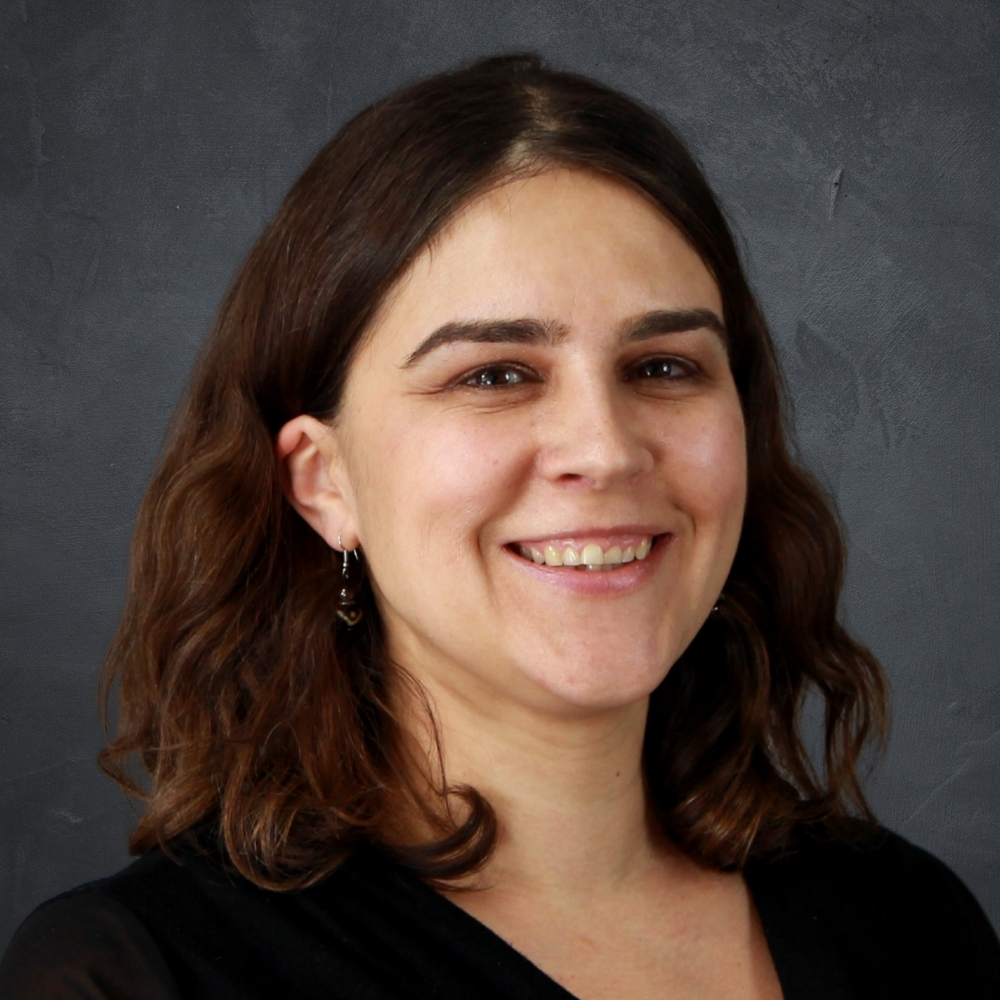
Accelerated Publishing By Journals In The Pandemic – What Should Authors Know?
Sarah has over 20 years of experience within STM editorial and publishing. She was originally an academic researcher, completing her PhD at the MRC-Laboratory of Molecular Biology, before joining the editorial team at Nature Cell Biology in 1999. After 4 years working within editorial she moved into the Nature publishing team and was the Publisher for Nature for many years. During her time at Nature Publishing Group (now Springer Nature) Sarah also launched the first Nature branded title with an Open Access option, Nature Communications, and subsequently launched Scientific Reports. Throughout her career, she has focused on creating innovative new products and services aimed at solving key researcher pain points whilst ensuring the academic scientist remains at the heart of any publishing decision.
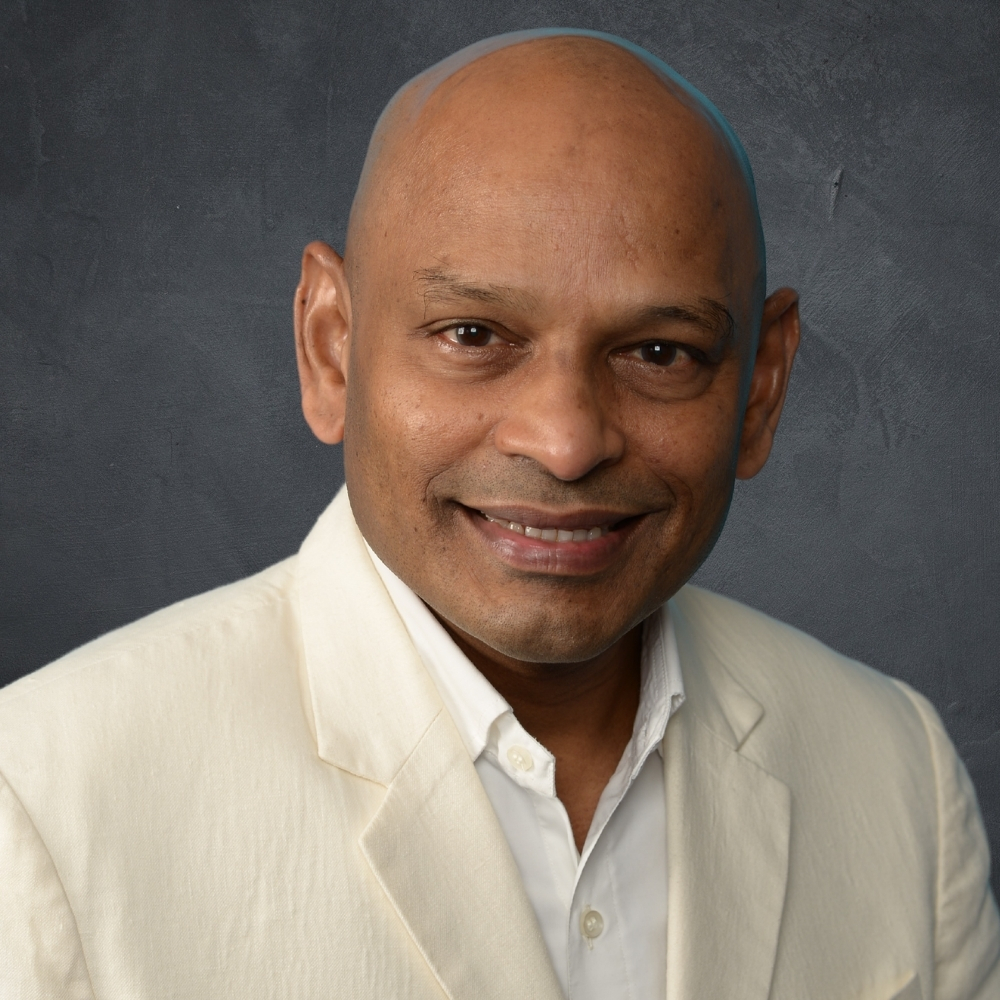
Future Perspectives Of Research
Professor PE Seeram Ramakrishna, FREng, Everest Chair (https://blog.nus.edu.sg/seeram/) is among the top four researchers at the National University of Singapore, and among the top six researchers of Singapore. NUS ranked among the top ten best english universities for engineering in the world. He is among the top 500 highly cited researchers in the world. Highest professional distinctions include an elected Fellow of UK Royal Academy of Engineering (FREng); Singapore Academy of Engineering; Indian National Academy of Engineering; and ASEAN Academy of Engineering & Technology. He is also an elected Fellow of American Association of the Advancement of Science (AAAS); ASM International; American Society for Mechanical Engineers (ASME). He is senior member of IEEE. He received PhD from the University of Cambridge, UK; and the GMP training from Harvard University, USA.
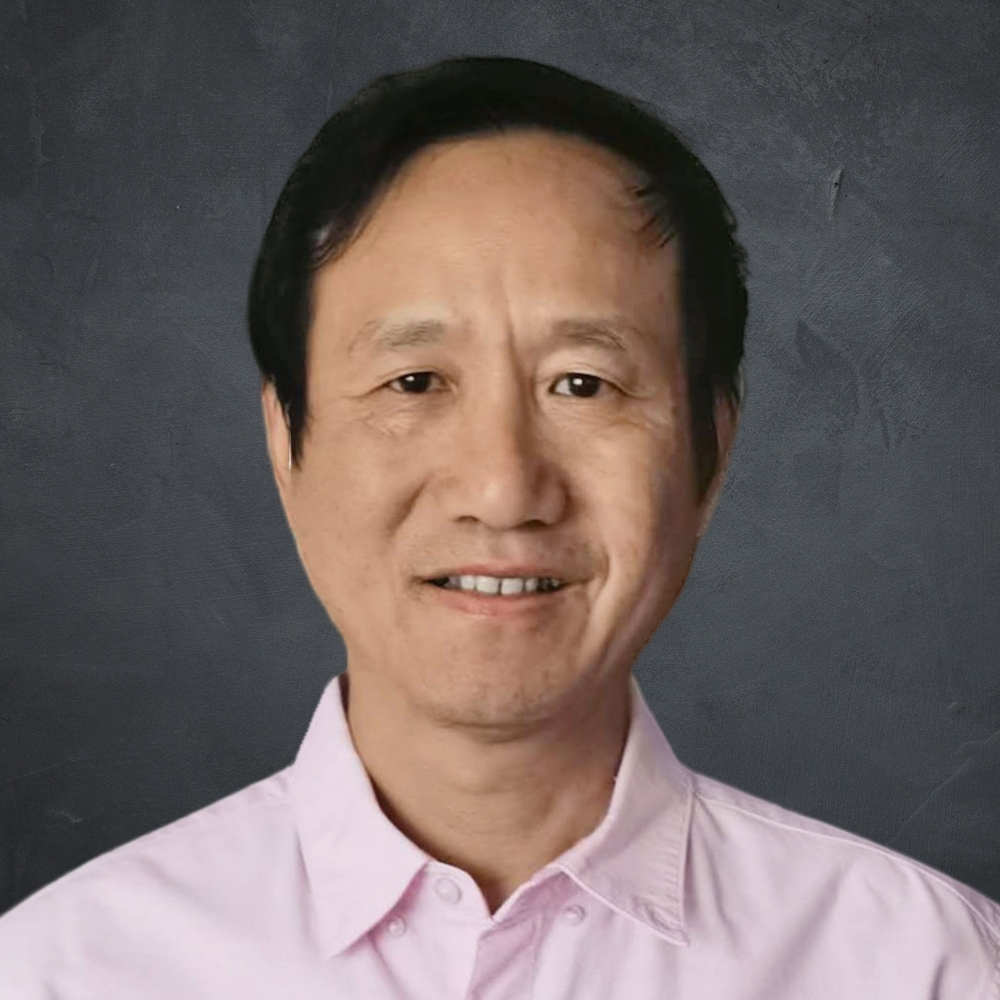
Current Situation and Future Development of Chinese STM Journals
Dr. Yan is currently an independent consultant in Beijing. He used to be Director of Academic Relations of Springer Nature Greater China, Deputy Editor-in-Chief and Director of Journal Center of Tsinghua University Press, Editor-in-Chief of Journal of Tsinghua University (Natural Science Edition), and Director of Journal Editorial Department of Beijing Forestry University. In addition, he has served as the chairman of the China University Science and Technology Periodical Research Association, the vice chairman of the China Periodicals Association, and the Foreign Exchange Committee of the China Association for Science and Technology and the Science and Technology Committee of the Ministry of Education for many years. He has profound experience in cooperation with societies and government units.
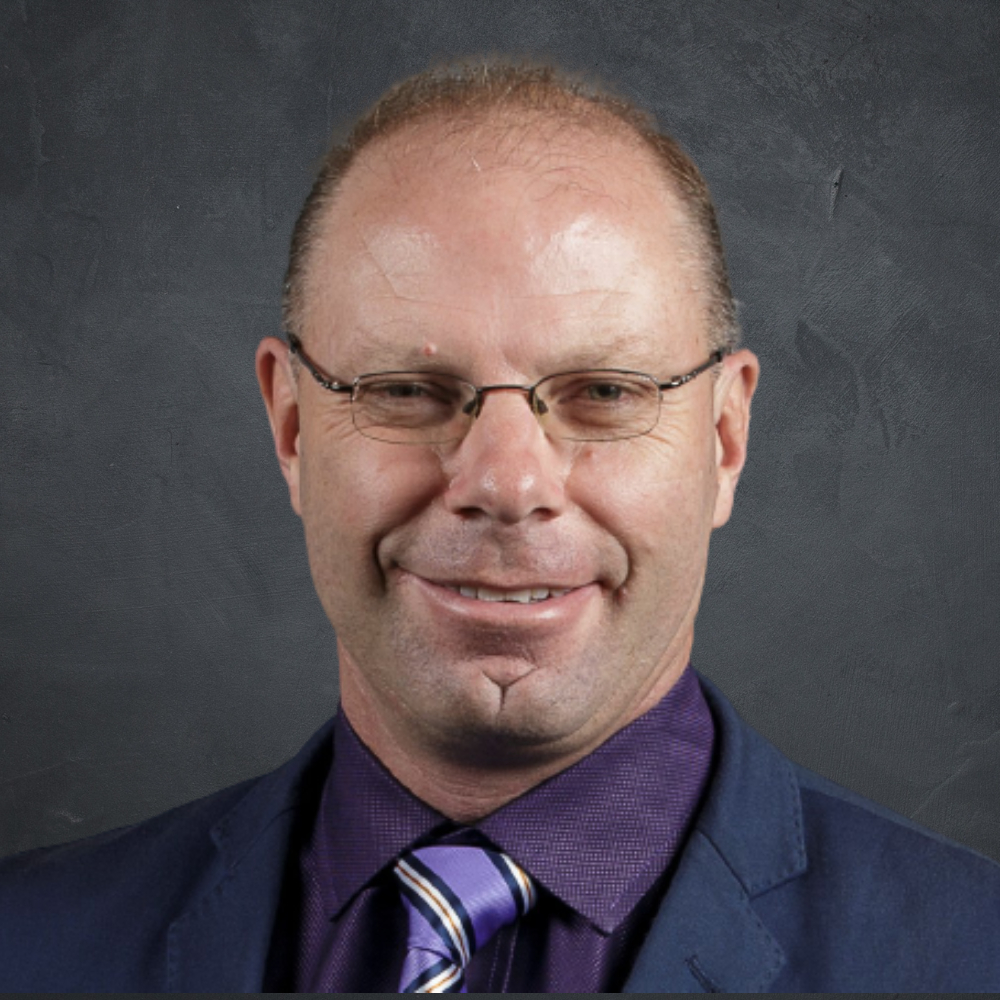
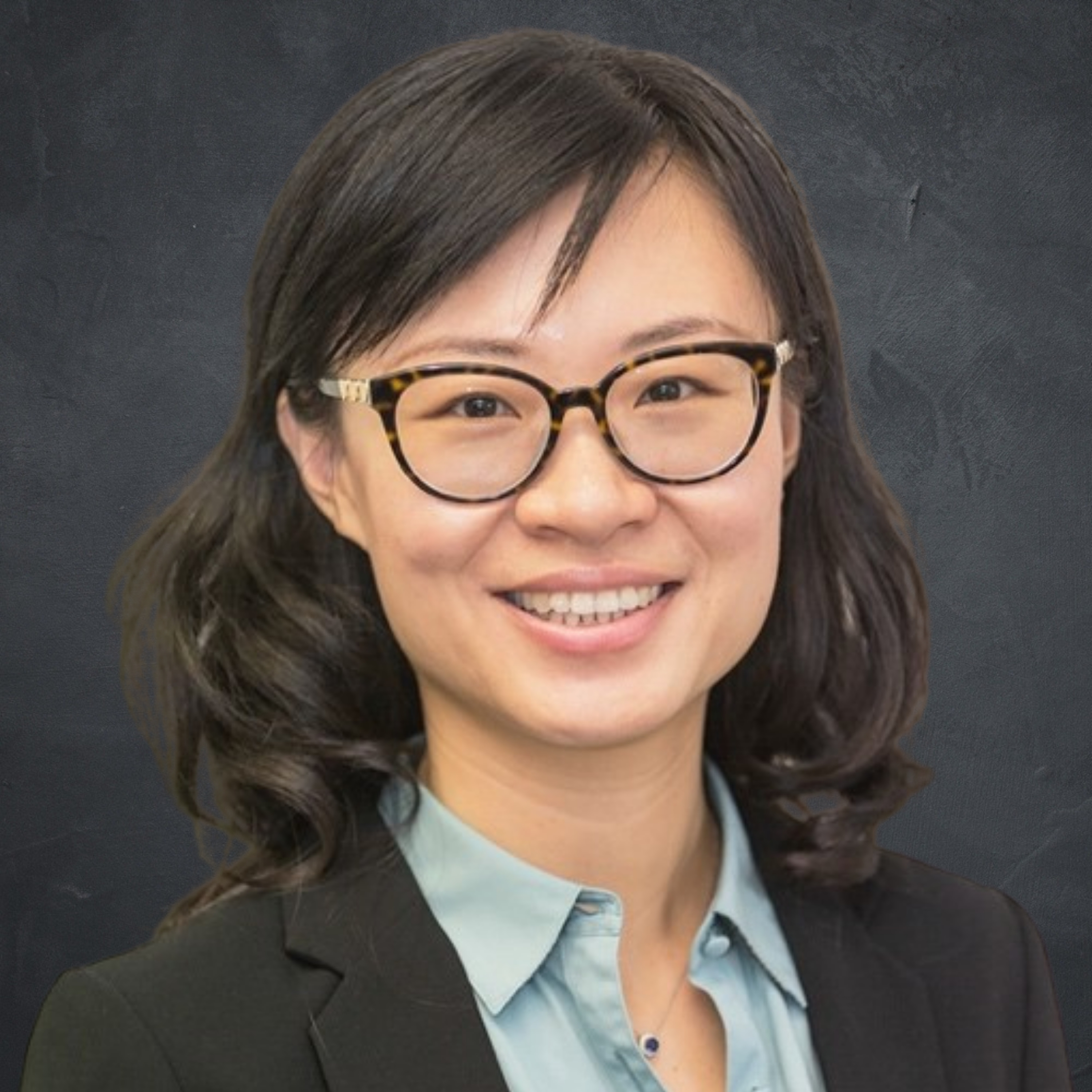
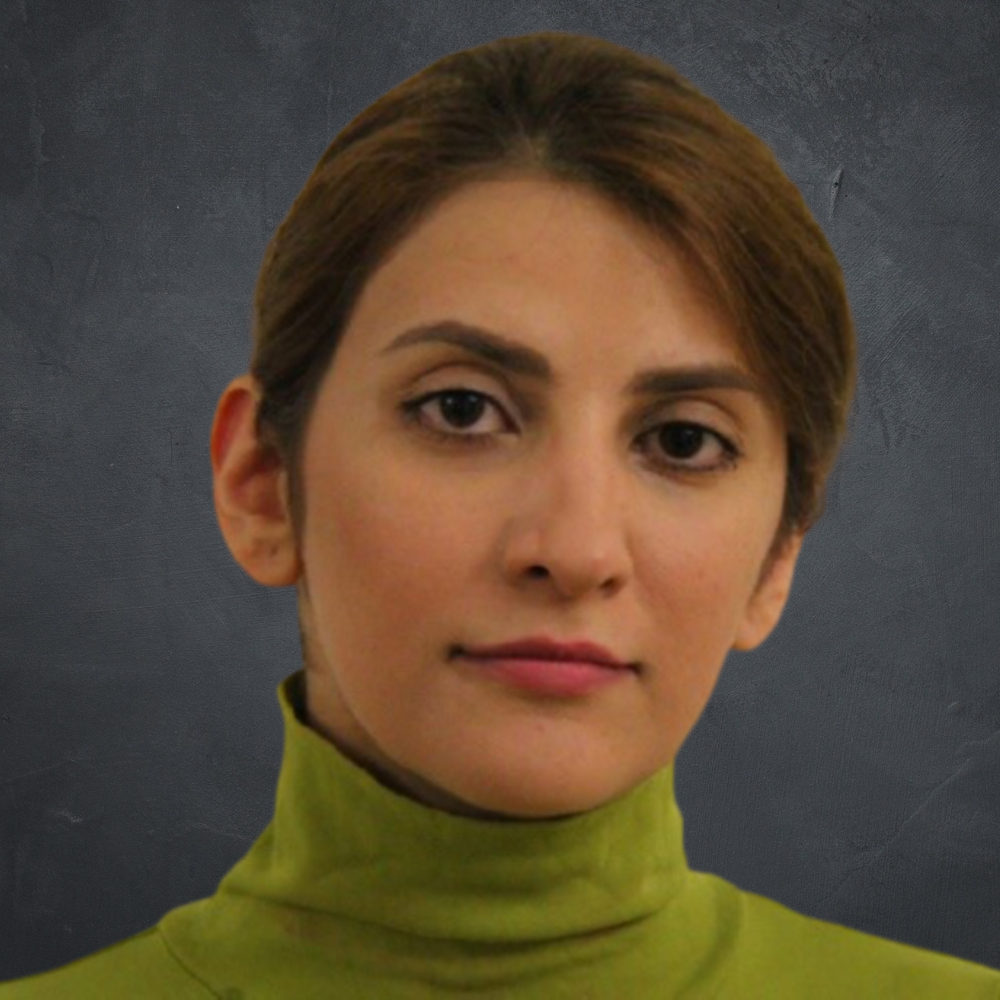
Career Paths Outside Academia
The following speakers from the University of New South Wales, Sydney, Australia and University of Technology, Sydney shared their insights on how to transition to research management. The panelists also shared their perspectives on career pathways outside academia. 1. Warwick Dawson, Director, Knowledge Exchange from the University of New South Wales, Sydney, Australia. 2. Yuan Wang, UNSW Torch Innovation Precinct and Conjoint Senior Lecturer in the School of Civil & Environmental Engineering, University of New South Wales. Sydney 3. Sara Hagh, Research Engagement Director, Faculty of Engineering and IT from the University of Technology, Sydney

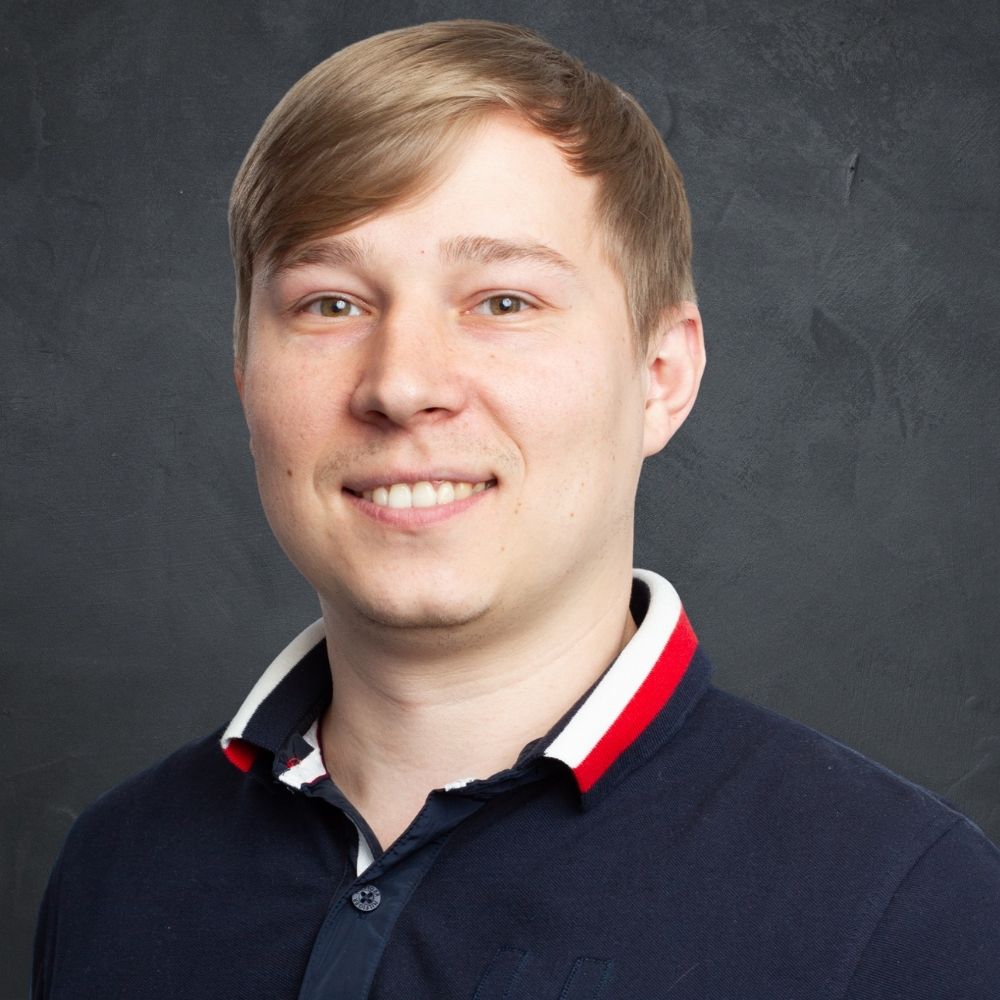
How to Ensure the Integrity of Your Research Publication with iThenticate
Yuliya Gorenko, Marketing Communications Specialist at Turnitin and Serhii Tkachenko, Director, Product Management for iThenticate demonstrate the importance of verifying your manuscript for unintentional plagiarism, an essential step to getting your research published. They also explore how researchers can leverage iThenticate to check the text similarity in their manuscript and avoid citation errors.

